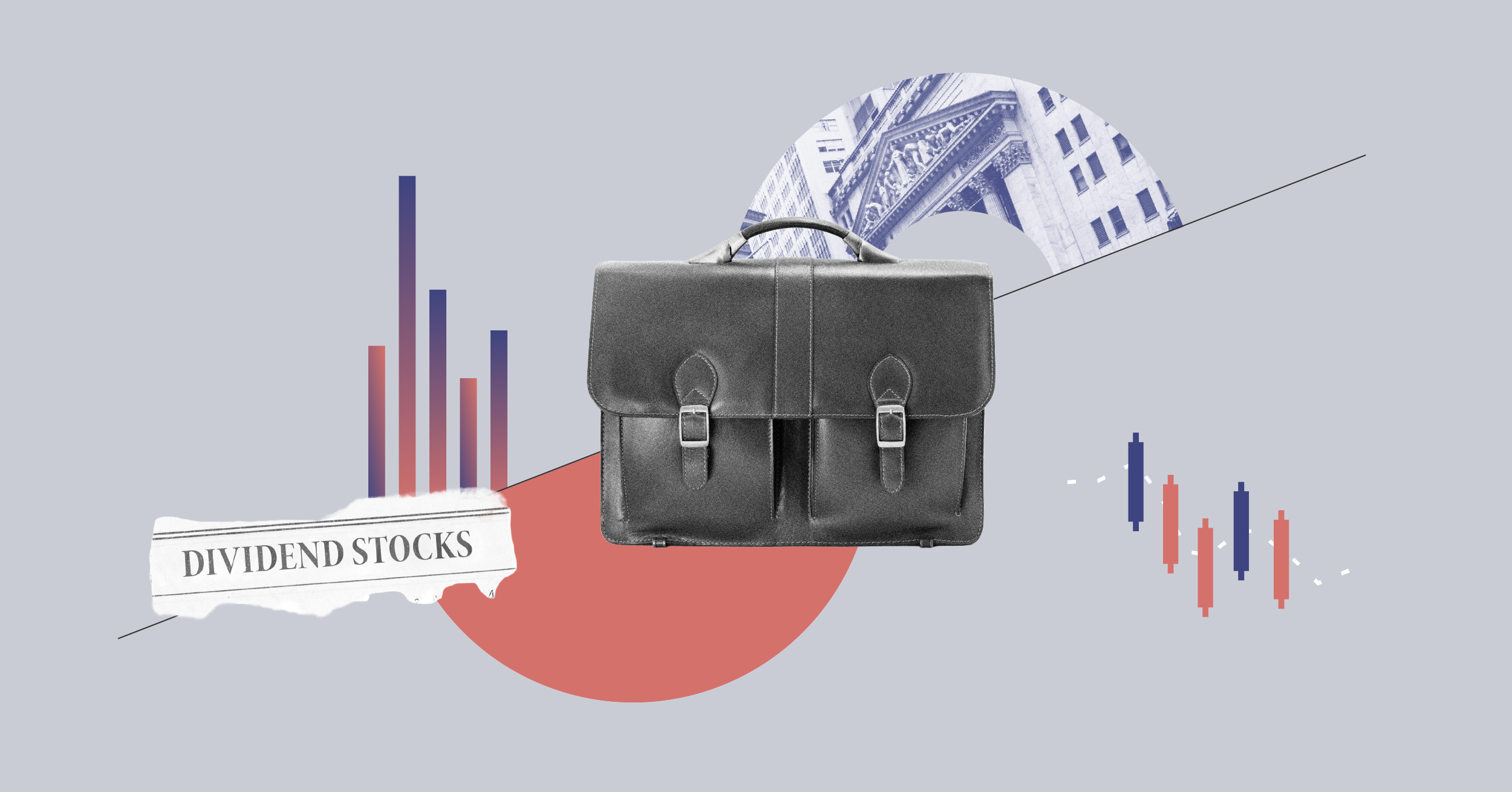Emma Wall: Hello and welcome to the Morningstar Series "Why Should I Invest With You?" I'm Emma Wall and I'm joined today by Investec's Jeff Boswell to talk about rising interest rates.
Hi Jeff.
Jeff Boswell: Hi good morning Emma.
Wall: So, I thought we'd start with a cheeky question, predictions for the rest of the year. What can we expect from central banks. Let's start maybe here in the UK, will the Bank of England put up rates again?
Boswell: My crystal ball unfortunately is a little bit hazy, but I think from a UK perspective I think you've got to look at the fact is that they are facing, and I think Brexit unfortunately hangs over them and such that even if I think we start to see a bit of a pick up in growth and we see a bit of a pickup in inflation. They are going to be apprehensive in terms of going too quickly.
I think, and this is a dilemma facing any central bank I think to the extent inflation really starts to kick up then they are going to feel they need to move. But I think if you look at actually what's priced into the markets certainly from a UK perspective I think the broader market is saying there is only 30% chance of another hike by the time we get to actual Brexit next year.
Wall: And what about the U.S. then perhaps a little more clear there.
Boswell: Absolutely. I mean U.S. even though we had a weaker inflation print yesterday. The U.S. is rollicking along, certainly from a growth perspective and we've seen that coming through in terms of corporate earnings as well. So, the risk in the U.S. is that there is really a surprise to the upside from an inflation perspective and then they feel they are slightly behind the curve.
From a credit investor standpoint this kind of looks like a normal cycle whereby the Fed will tighten, tighten and tighten until they go one tightening too far and then obviously the markets react quite violently to that. But the Fed I think, they are going to be driven more by data and it's going to be how is growth actually developing and do they have any inflation surprises.
Wall: How much do markets get impacted by rate hikes given that we do seem to have quite a lot of insight into what central banks do I mean ever since the taper tantrum. Central banks like to really signal their plans now. And so for bond investors and indeed all asset investors because everything is connected. Does the rate hike really make that much of a difference anymore?
Boswell: I think the central banks are doing whatever they can to signpost it in terms of trying to make sure there is no surprise and you know the ECB with Draghi is best example of that.
I think where markets will react adversely is to the extent it's exactly as we were just talking about there is a surprise, an inflation surprise to the upside and they have to move quicker. Because as an investor, certainly as a credit investor it means we are a step closer towards the end of the cycle and I think that’s what you are always worried about. So, there is an element of picking up pennies because you know that if the Fed keeps going eventually it gets to a point where financial conditions are tightened to such an extent that it has a real impact on the economy and that’s really what you are grappling with as an investor.
So, I think to the extent that we stay on the course and they keep signposting things and there is no surprises from a growth perspective the markets could carry on trundling on, but there is obviously a risk to the downside as well.
Wall: It must be that you are obviously data crunching as well as an investor not just leaving that to the central banks. You've mentioned inflation is one kind of signpost that maybe a red flag are there any other particular figures, jobs figures for example that you as a credit investor are watching to get some insight to what happens next.
Boswell: Absolutely. Certainly, across the macro spectrum we've got a team of people that are continually crunching numbers. The interesting thing is I think inflation is in our mind what's front and foremost in terms of most central banks' minds. I think certainly from a U.S. perspective if you look at them we've had the biggest fiscal stimulus package in terms of the tax cuts at full employment in history. And that undoubtedly has had a knock on in terms of economic activity and corporate profits and the like.
And so naturally the knock on to that is with full employment and with that fiscal stimulus there is going to be a knock on to inflation and that’s really, I think why a lot of people talk about inflation. We look at a variety of other metrics.
I think from a credit investor perspective the one thing that we're all worried about is in this world where we are moving from QE [quantitative easing] to QT [quantitative tightening]. We talk about rate rises being a part of that but part of it is obviously asset purchase programs and the like as well.
In this world moving from QE to QT there is just liquidity being withdrawn from the markets. And that in itself is having an impact on financial markets and certainly the weaker elements of the market we are already starting to see some cracks.
Wall: Jeff, thank you very much.
Boswell: Thank you very much for your time.
Wall: This is Emma Wall from Morningstar. Thank you for watching.





























